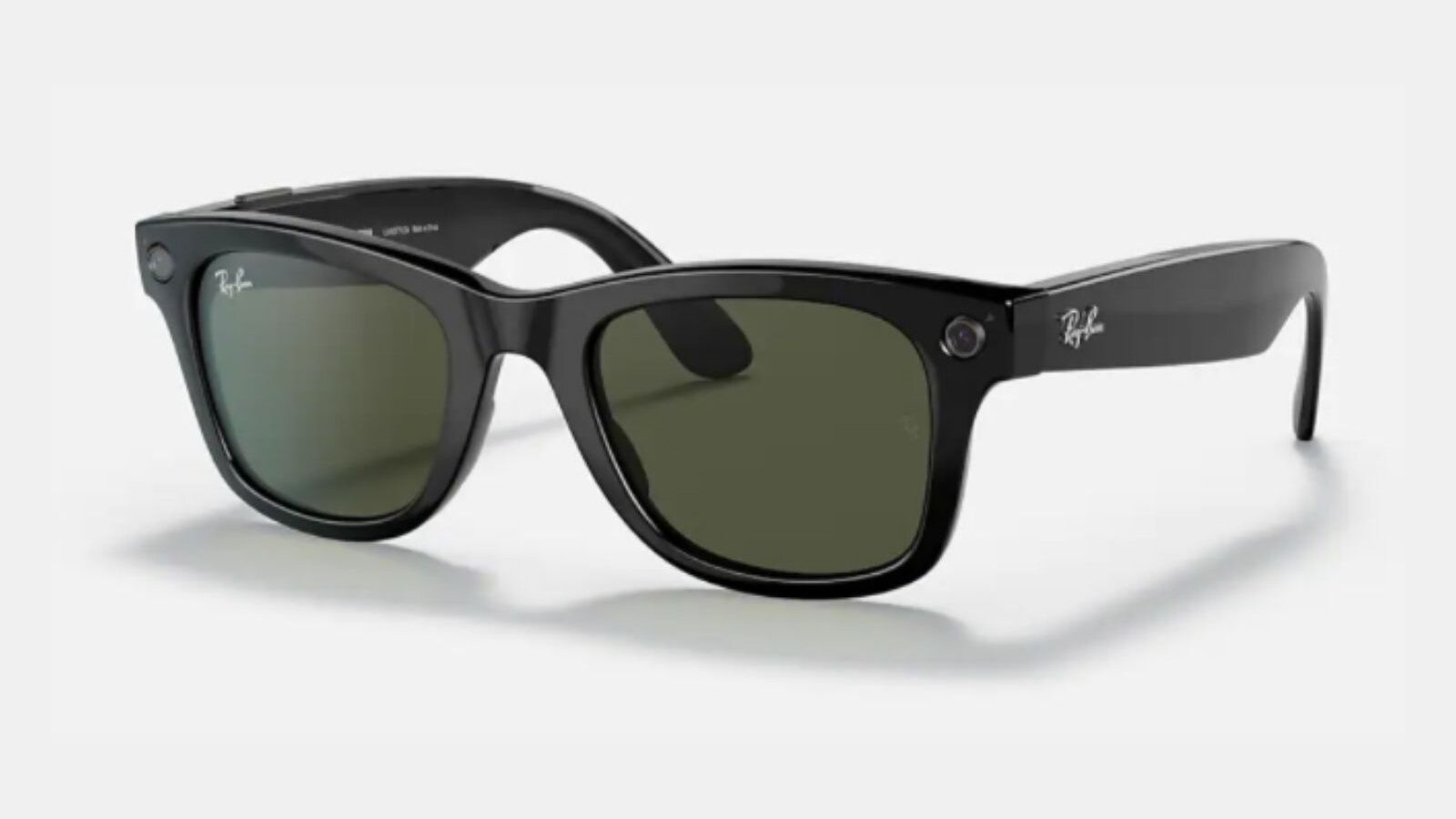Facebook Ray-Ban Smart Glasses Bring Cameras, Speakers, Privacy Concerns, But No AR
Facebook has launched its first set of smart glasses, in partnership with eyewear maker Ray-Ban. The Facebook and Ray-Ban smart glasses are named the Ray-Ban Stories, and there is no AR. The smart glasses only take photos and shoot 30-second videos. They also play music and podcasts and make calls. The smart glasses have gone on sale in the US, UK, Canada, Italy, Ireland, and Australia, and are priced at $299 (roughly Rs 21,975). The smart glasses have been launched to show how Facebook is betting on Augmented Reality. Facebook CEO Mark Zuckerberg has got people excited about a future in which augmented reality glasses will allow people to play games on their couch or share something on social media without their smartphones. “Ray-Ban Stories (smart glasses) are an important step towards the future when phones are no longer a central part of our lives and you won’t have to choose between interacting with a device, or interacting with the world around you,” Zuckerberg said in a video released Thursday.
While the Facebook smart glasses don’t include any AR application, they move the company closer to its goal. In what came as a disappointment to many enthusiasts, the smart glasses from Facebook don’t let users browse Facebook, shop, or play games. The smart glasses also include a virtual assistant so users can snap photos and videos hands-free by saying “Hey Facebook.” People who use Ray-Ban Stories will also need a separate Facebook View app to share photos and videos captured on the device to other platforms. Now, Facebook is not the first company to promote a pair of smart glasses. Google, Snap, and Amazon have all released smart glasses. However, the average consumer has passed on all of them.
While smart glasses have not yet found a footing in the commercial market, analysts say that they are part of an emerging market. A report from ImmersivEdge Advisors was cited in a Cnet report as saying that annual sales of smart glasses will reach more than 22 million units by 2030.
Smart glasses also come with concerns for privacy, and Facebook doesn’t have the best reputation when it comes to keeping data private. Privacy advocates have also argued that such devices can be used for surveillance.
Read all the Latest News, Breaking News and Coronavirus News here
For all the latest Technology News Click Here

